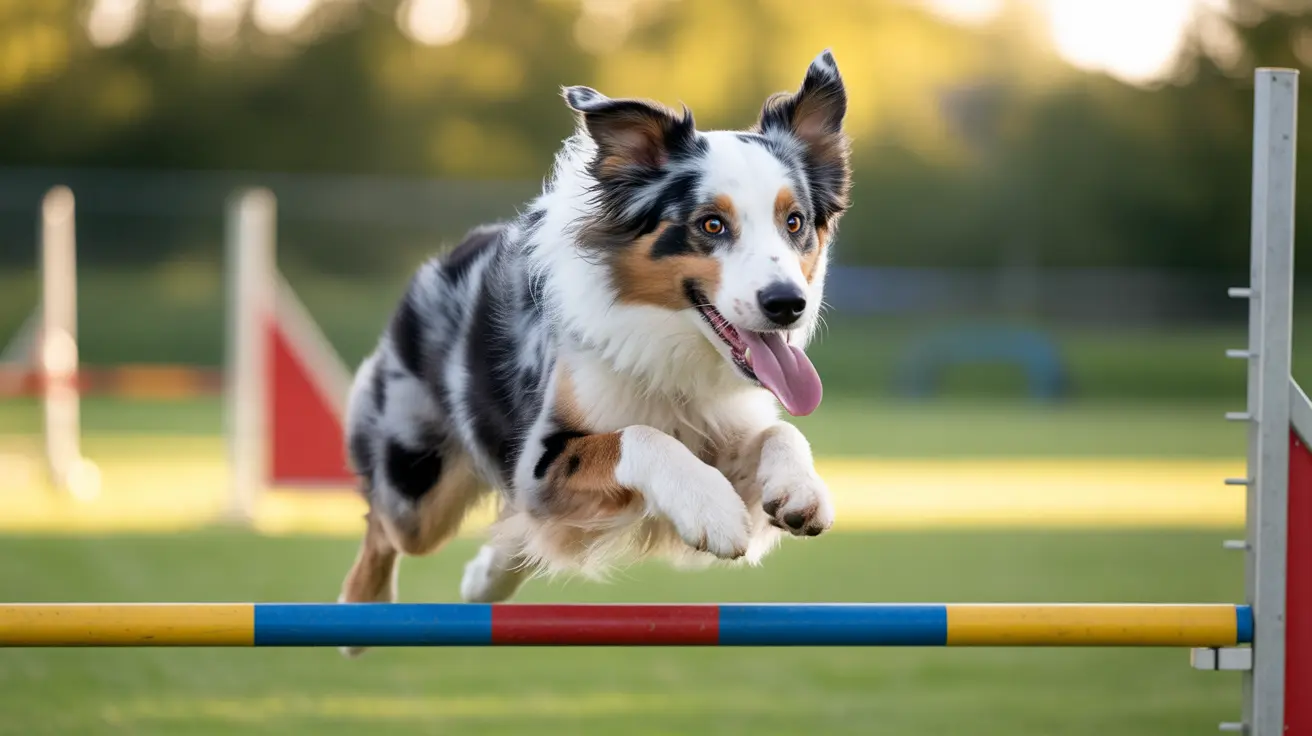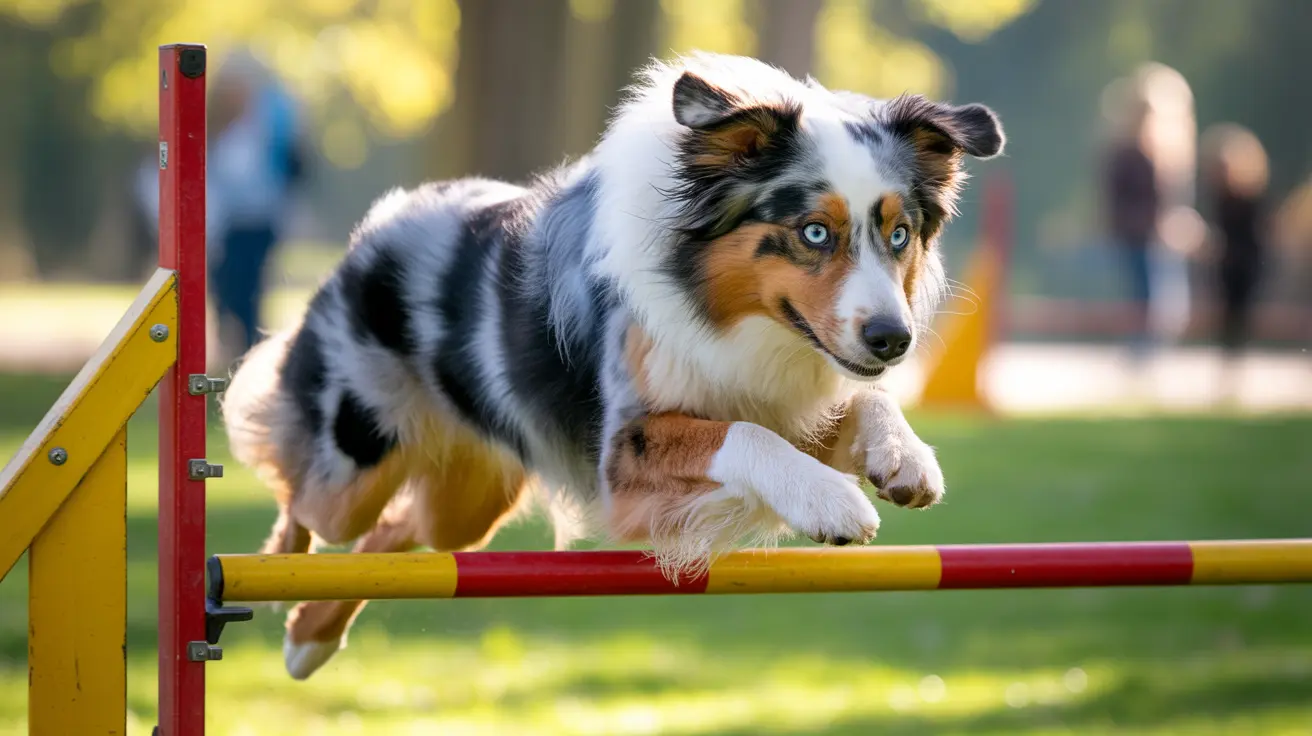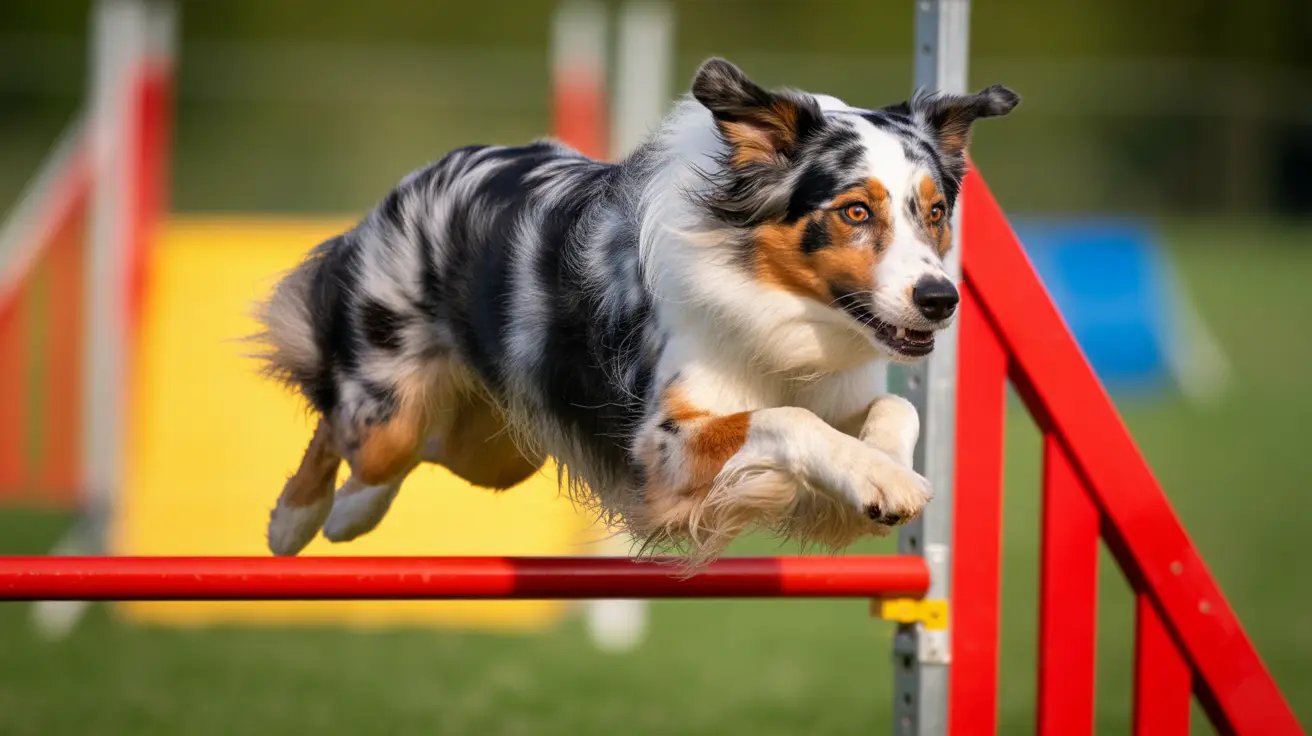Can Pears Upset a Dog's Stomach? Understanding the Risks and Benefits
Pears are delicious, juicy fruits enjoyed by many humans, but can they cause problems when shared with our canine companions? The short answer is: yes, pears can upset a dog's stomach under certain conditions. However, when prepared correctly and fed in moderation, they can also serve as a nutritious treat. This article explores the factors that may cause digestive issues in dogs and offers guidance on safely feeding pears to your pet.
Nutritional Benefits of Pears for Dogs
Fresh, ripe pears provide a variety of essential nutrients that can support canine health. These include:
- Vitamin C – Supports immune function and skin health
- Vitamin A – Promotes vision and cell growth
- Dietary fiber – Helps regulate digestion
- Potassium – Aids in nerve and muscle function
- Copper – Involved in red blood cell production
- Antioxidants – Combat oxidative stress and inflammation
When added in small amounts to your dog’s meals or given as an occasional snack, pears can enhance overall health and contribute to a balanced diet.
Potential Digestive Upset from Eating Pears
Despite their health benefits, pears can cause gastrointestinal upset in some dogs. Here are the most common causes and concerns:
- Excessive Fiber: Too much fiber can cause loose stools, gas, or diarrhea, especially if your dog is not used to fibrous foods.
- High Sugar Content: Natural sugars in pears may affect dogs with diabetes or sensitive stomachs.
- Pear Skin: While generally safe, the skin may cause mild digestive issues in sensitive dogs, leading to bloating or discomfort.
- Unripe Pears: Hard, unripe pears are more difficult to digest and can result in stomach upset or choking hazards.
- Overfeeding: Giving your dog too much pear at once—even properly prepared—can overwhelm their digestive system.
Hazards to Avoid When Feeding Pears
Not every part of a pear is safe for your dog. Here’s what you should avoid:
- Pear Seeds: These contain trace amounts of cyanide and can be toxic if ingested in large quantities.
- Pear Core and Stem: Hard and fibrous, these parts pose a serious choking hazard and can block a dog’s airway or digestive tract.
- Canned Pears and Preserved Varieties: Often high in added sugars and preservatives that can disturb your dog's digestion and contribute to weight gain.
How to Safely Feed Pears to Your Dog
To reduce the risk of stomach issues and keep your dog safe, follow these preparation guidelines:
- Wash the pear thoroughly to remove pesticides or residues.
- Peel the skin if your dog has a sensitive stomach.
- Remove the core, seeds, and stem completely to avoid choking and toxicity.
- Cut the pear into small, bite-sized pieces appropriate for your dog’s size.
- Feed in moderation—a few small chunks are sufficient for most dogs.
Signs of Gastrointestinal Upset to Watch For
If you suspect your dog is reacting negatively to pears, monitor for these common symptoms:
- Vomiting
- Diarrhea or constipation
- Bloating or excessive gas
- Lack of appetite
- Lethargy
- Abdominal discomfort
Should any of these symptoms persist, discontinue feeding pears and consult a veterinarian.
Special Considerations
- Diabetic Dogs: Due to the fruit’s sugar content, pears should generally be avoided.
- Small Breeds: Smaller dogs are more prone to choking and may experience digestive issues from even tiny amounts.
- Senior Dogs: Aging digestive systems may not tolerate pears as well as younger, more active dogs.
Healthy Ways to Incorporate Pears
- Food Topper: Sprinkle a few pear slices over regular dog food.
- Frozen Treat: Blend pear with yogurt and freeze in molds.
- Puree: Blend fresh pear into a mash and mix with other dog-safe fruits.
Conclusion
So, can pears upset a dog’s stomach? Yes—if improperly prepared, overfed, or given to sensitive dogs. However, fresh, properly-prepared pears in small quantities can be a healthy treat that supports your dog’s digestion, immune system, and overall well-being. Always introduce new foods gradually, watch for adverse reactions, and when in doubt, consult your veterinarian.





